In the context of strong urbanization, high-rise buildings are becoming an inevitable trend in large cities such as Ho Chi Minh City. To ensure quality, progress and cost, the application of advanced technology along with strict management is considered a key factor. These issues were clarified at the workshop "Sharing experiences in constructing high-rise projects" organized by the Association of Construction Science and Technology on October 4, 2025.
Speaking at the workshop, Associate Professor Dr. Ngo Huu Cuong - Head of the Department of Construction, Ho Chi Minh City University of Technology emphasized the close relationship between design and supervision. According to him, design is the foundation for all technical solutions, while supervision plays the role of the final "stopper", helping to promptly detect conflicts during the construction process, thereby minimizing errors and additional costs.
To improve the quality of high-rise building design, units need to strictly comply with fire prevention and fighting standards, anti-corrosion, choose appropriate structural systems (prestressed, assembled, composite), and apply new materials and modern analysis software. In particular, the design must be closely linked to the actual construction sequence to ensure feasibility. In addition, the supervision team needs to be equipped with flexible situation handling skills and have the courage to make quick decisions, effectively control the progress and life of the project. Mr. Cuong also suggested that businesses should invest heavily in the research and development (R&D) department to keep up with world technology trends.
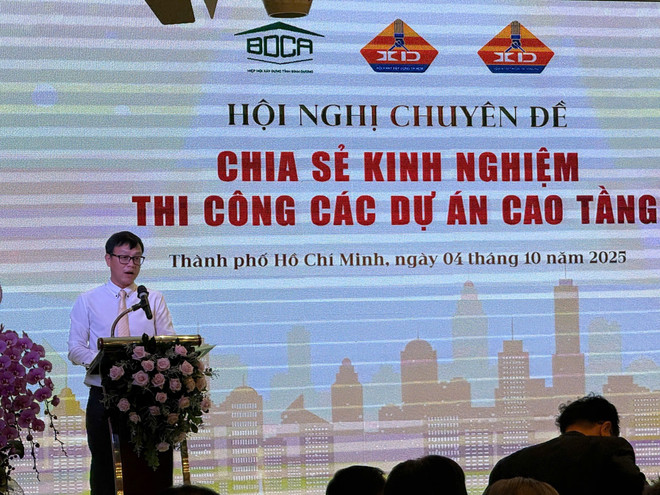
The foundation is considered the "backbone" of every high-rise building. Sharing about this issue, Master Tran Nguyen Cong Danh, Deputy Director of Engineering - Technology of Phan Vu Investment Joint Stock Company, introduced advanced pile drilling technology transferred from Japan and Korea. This technology allows for high precision control, minimizing vibration and noise, very suitable for construction conditions in crowded urban areas. Moreover, the load-bearing capacity of the pile is significantly improved, contributing to optimizing progress and investment costs.
Speaking at the workshop, Mr. Dang Viet Dung - Chairman of the Vietnam Construction Association - emphasized that Ho Chi Minh City has a great need for high-rise building development, but it is necessary to ensure a balance between technical quality and cost, suitable for people's affordability. He suggested that the Ho Chi Minh City Construction Science and Technology Association continue to maintain forums for professional exchange, creating an effective connection environment between managers, scientists and businesses.
From the perspective of urban management, Mr. Huynh Pham Tuan Anh - Deputy Director of the Department of Planning and Architecture of Ho Chi Minh City affirmed that the development of high-rise buildings is an inevitable trend. However, he noted that it is necessary to strictly control from the geological survey, design, construction to acceptance stages, to ensure safety and long-term operational efficiency.
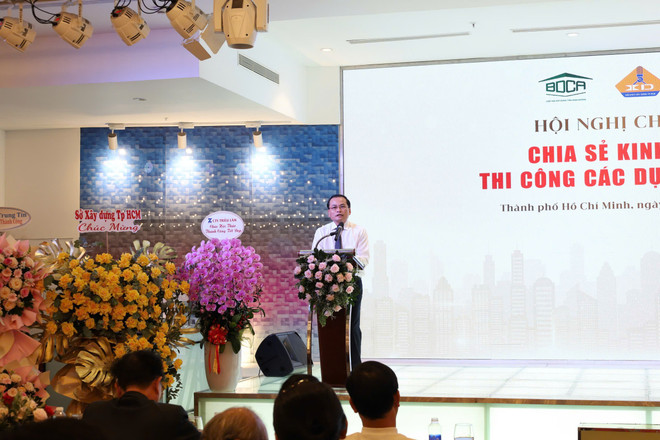
Experts attending the workshop all agreed that the future of Vietnam's construction industry depends on the ability to apply advanced technology, combined with improving the quality of human resources and project management. Only when all these factors converge can the high-rise construction industry develop sustainably, meet the requirements of modern urban areas and improve the competitiveness of Vietnamese enterprises in the regional market./.
Source: https://www.vietnamplus.vn/ung-dung-cong-nghe-tien-tien-chia-khoa-cho-su-phat-trien-ben-vung-cua-nha-cao-tang-post1068126.vnp


![[Photo] Prime Minister Pham Minh Chinh launched a peak emulation campaign to achieve achievements in celebration of the 14th National Party Congress](https://vphoto.vietnam.vn/thumb/1200x675/vietnam/resource/IMAGE/2025/10/5/8869ec5cdbc740f58fbf2ae73f065076)
![[Photo] Prime Minister Pham Minh Chinh chairs the Government's online conference with localities](https://vphoto.vietnam.vn/thumb/1200x675/vietnam/resource/IMAGE/2025/10/5/264793cfb4404c63a701d235ff43e1bd)




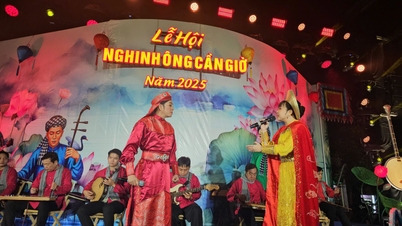



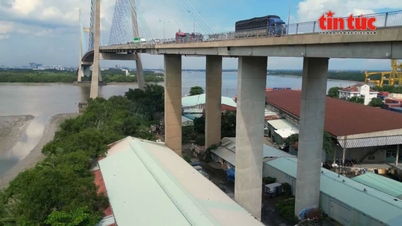
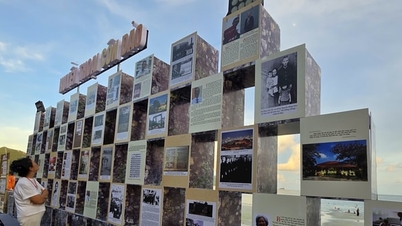

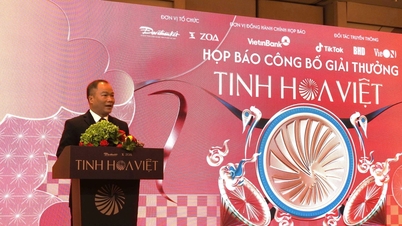
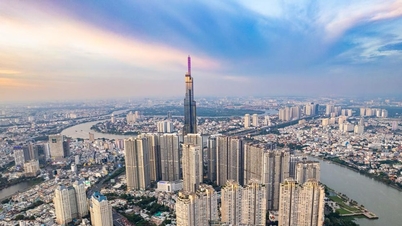
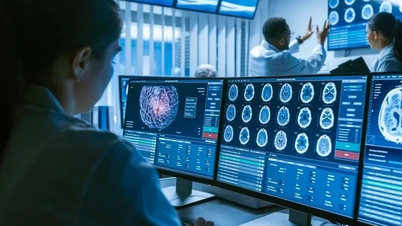

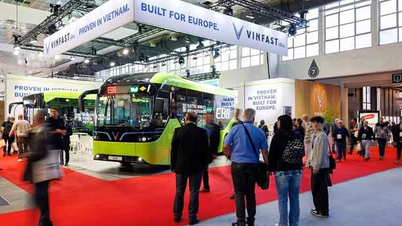

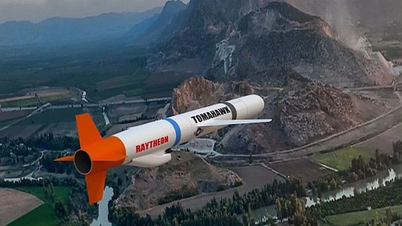

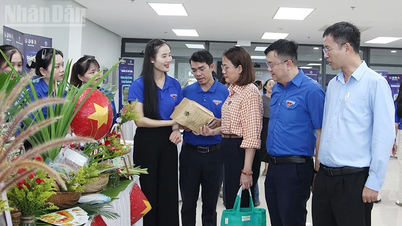





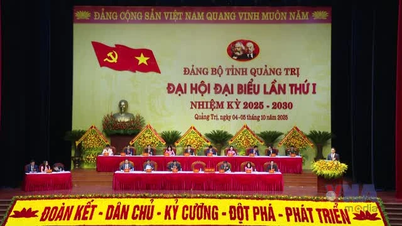


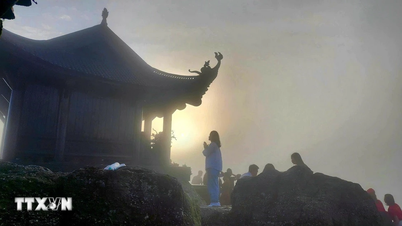
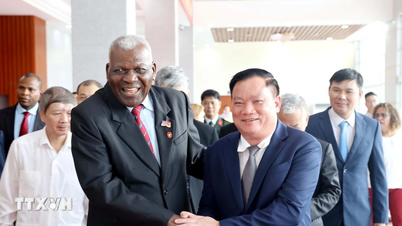
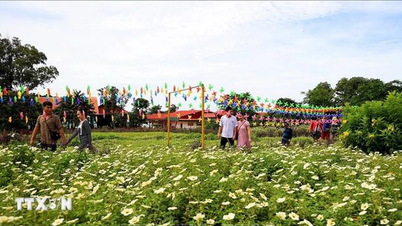


























![[VIDEO] Summary of Petrovietnam's 50th Anniversary Ceremony](https://vphoto.vietnam.vn/thumb/402x226/vietnam/resource/IMAGE/2025/10/4/abe133bdb8114793a16d4fe3e5bd0f12)

![[VIDEO] GENERAL SECRETARY TO LAM AWARDS PETROVIETNAM 8 GOLDEN WORDS: "PIONEER - EXCELLENT - SUSTAINABLE - GLOBAL"](https://vphoto.vietnam.vn/thumb/402x226/vietnam/resource/IMAGE/2025/7/23/c2fdb48863e846cfa9fb8e6ea9cf44e7)















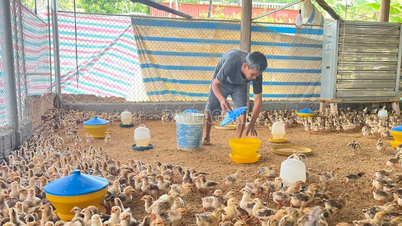


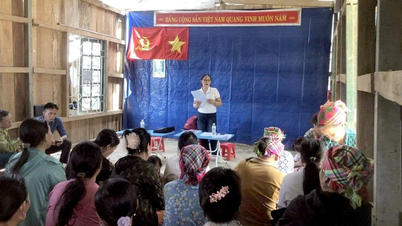
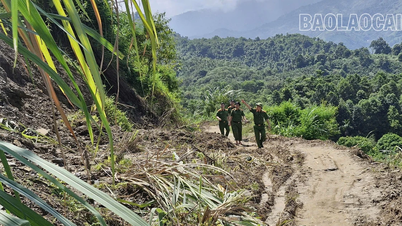













Comment (0)